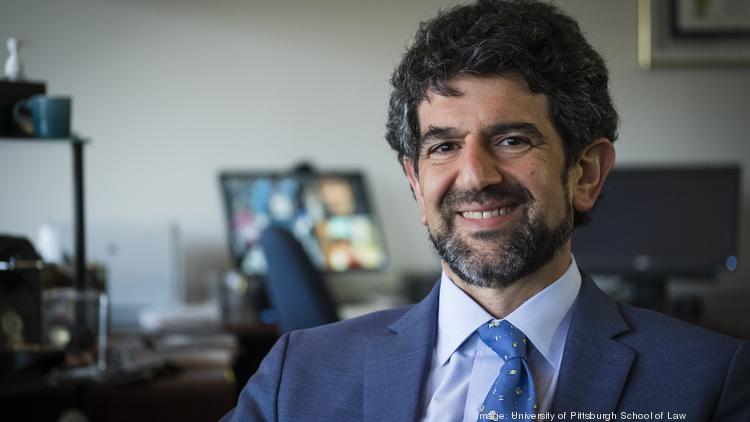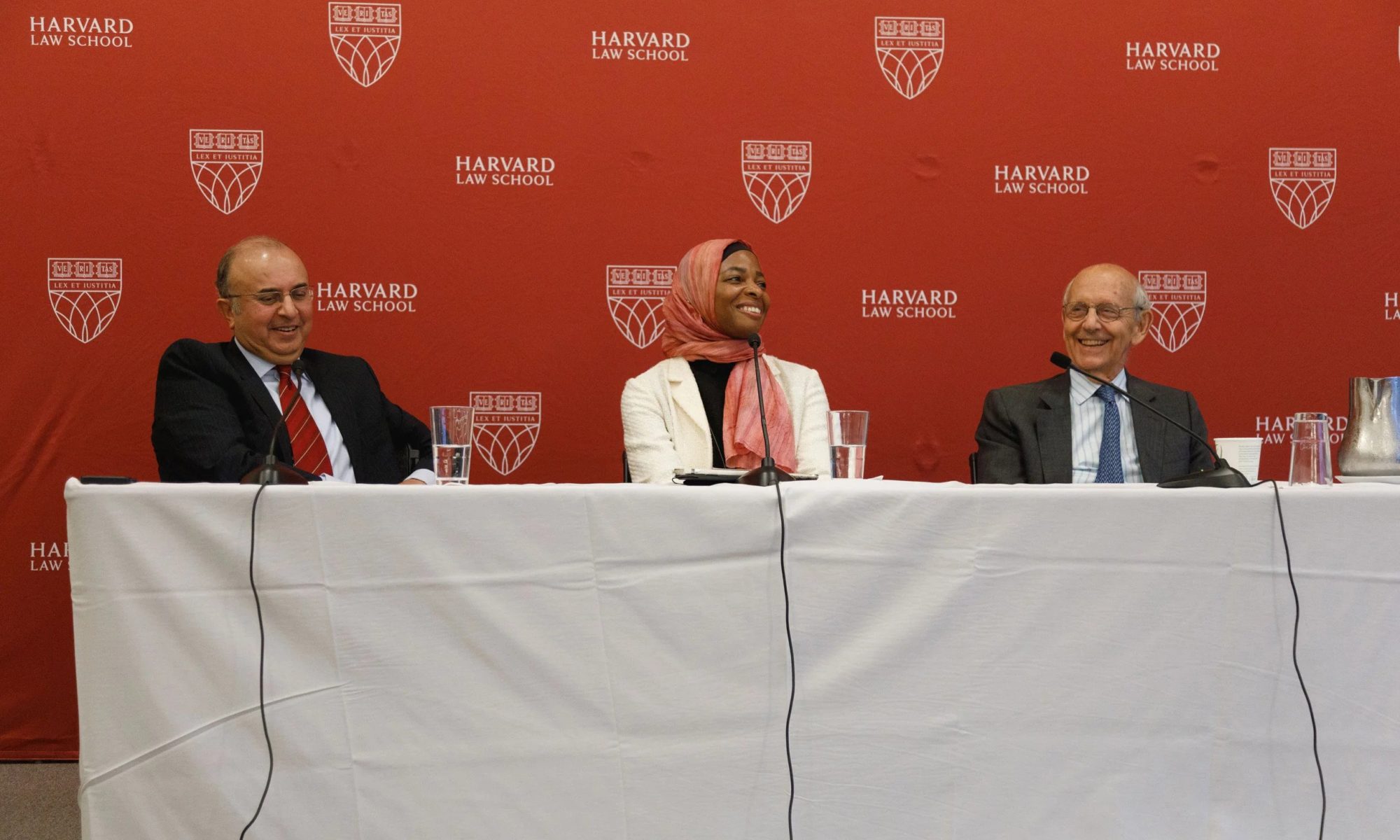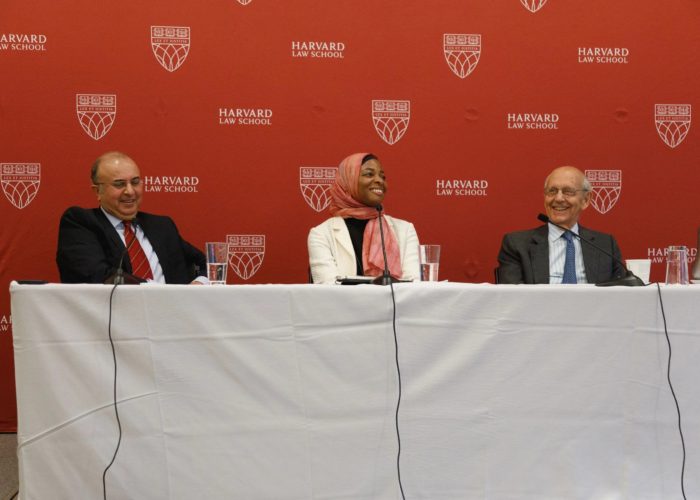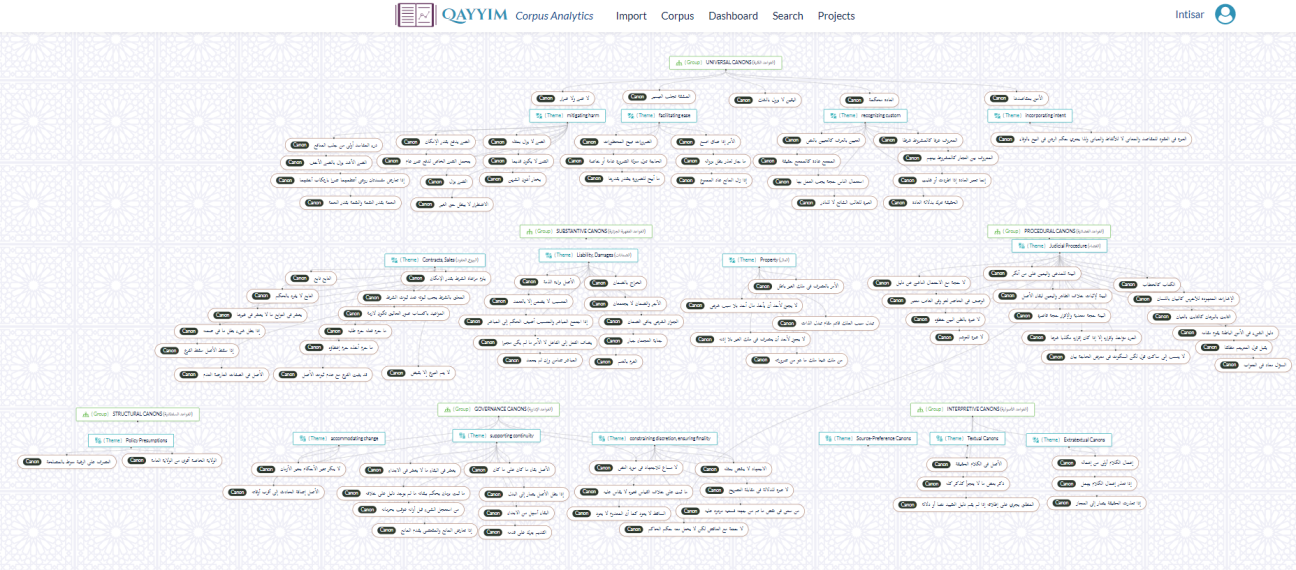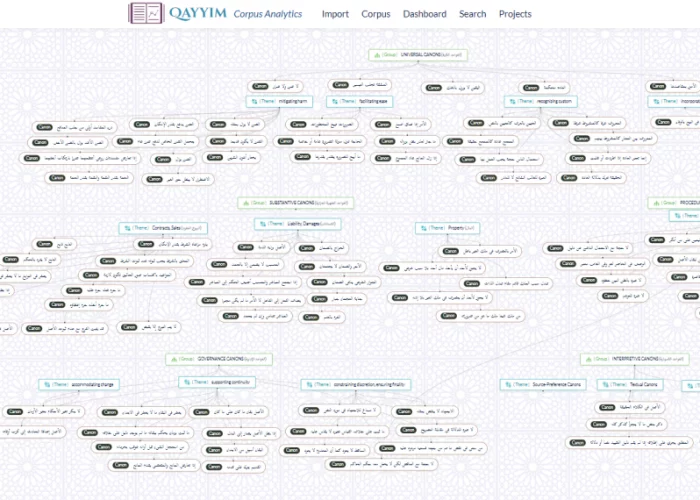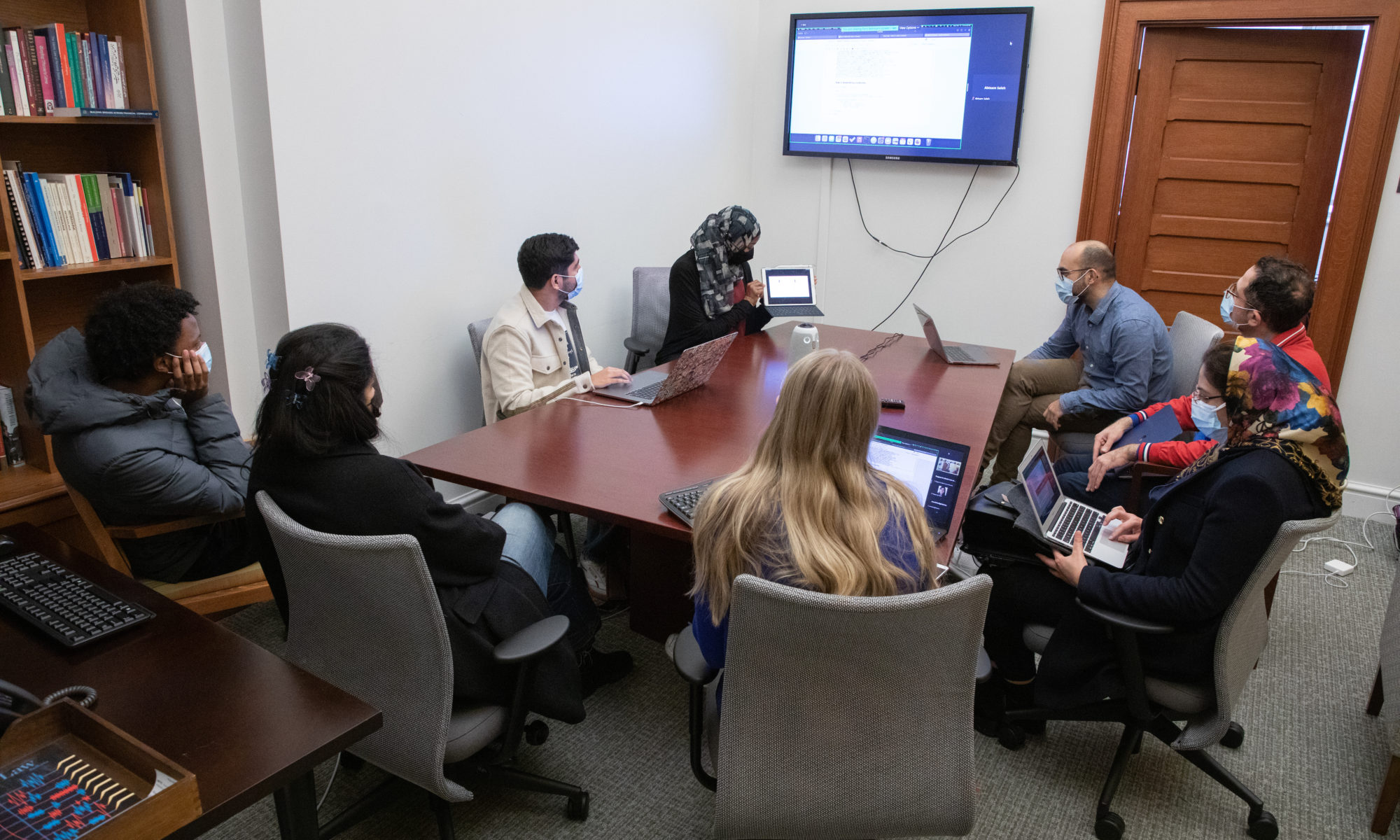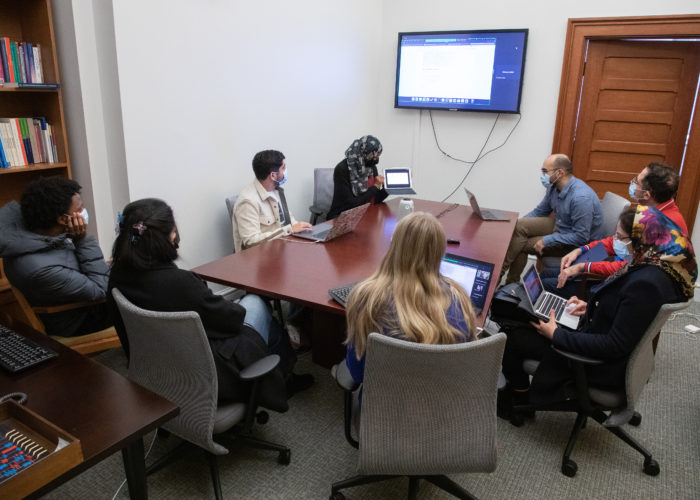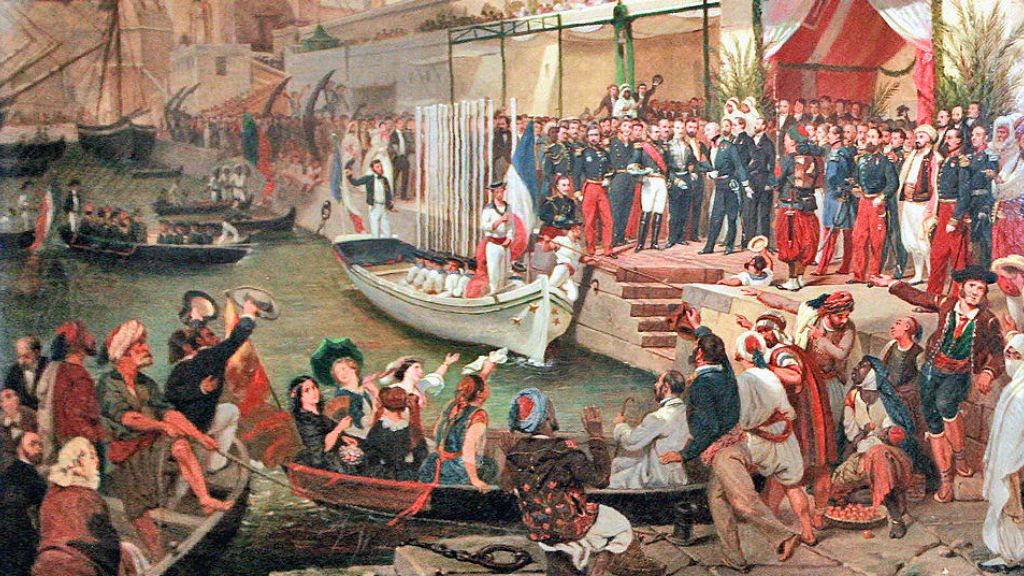Congratulations Professor Haider Ala Hamoudi!
Posted on February 15, 2023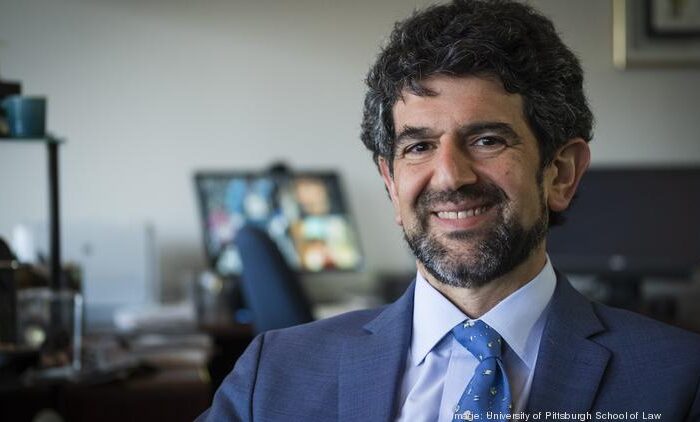
We are excited to share that the University of Pittsburgh School of Law has appointed Professor Haider Ala Hamoudi as Interim Dean, following his positions as Vice Dean, Associate Dean of Academic Affairs, and Associate Dean of Research and Faculty Development.
Professor Hamoudi’s scholarship focuses on Middle Eastern and Islamic Law. As concerns Islamic law, and specifically Islamic finance, where he has done much of his writing, his approach has been to focus on the manner in which modern legal actors, with their own preexisting political, social, economic and ideological dispositions, interpret and apply Islamic law as part of the positive law of contemporary states. In addition to his numerous articles and book chapters in a wide variety of law school journals, university presses and other scholarly venues, as a result of which he has become internationally recognized as a leading scholar in the field, he has coauthored a casebook on Islamic Law entitled Islamic Law in Modern Courts, published by Aspen, and Islamic Law in a Nutshell. Professor Hamoudi is also the author of a blog on Islamic Law entitled Islamic Law in Our Times.
As with his Islamic Law work generally, Professor Hamoudi’s scholarship in the law of the Middle East focuses on the law as it operates in the field rather than as it exists in texts and commentaries. Professor Hamoudi spent most of 2009 in Baghdad advising the Constitutional Review Committee of the Iraqi legislature, responsible for developing critical amendments to the Iraq Constitution deemed necessary for Iraqi national reconciliation, on behalf of the United States Embassy in Baghdad. He also advised on other key pieces of legislation, including a hydrocarbons law, a revenue management law, and an antitrust law. From this work, and from extensive contemporaneous research into the records and legislative history of the drafting of the Iraqi Constitution in 2005, Professor Hamoudi published a book with the University of Chicago Press in 2013 entitled Negotiating in Civil Conflict: Imperfect Bargaining and Constitutional Construction in Iraq.
Professor Hamoudi’s most recent work looks at the three primary forms of legal order in the Iraqi nation-state—tribal law, Islamic law and state law—and attempts to explain how they interact with one another to organize commercial and other private law activity throughout the state. As with his earlier work, Professor Hamoudi seeks to demonstrate that the actual operation of law, including Islamic law, is far more complex and interesting than any examination of authoritative legal texts would lead one to believe.
For more on Professor Hamoudi’s work, visit his personal website and read his contributions to the Islamic Law Blog. The Program in Islamic Law congratulates him on this achievement and looks forward to what’s to come!


